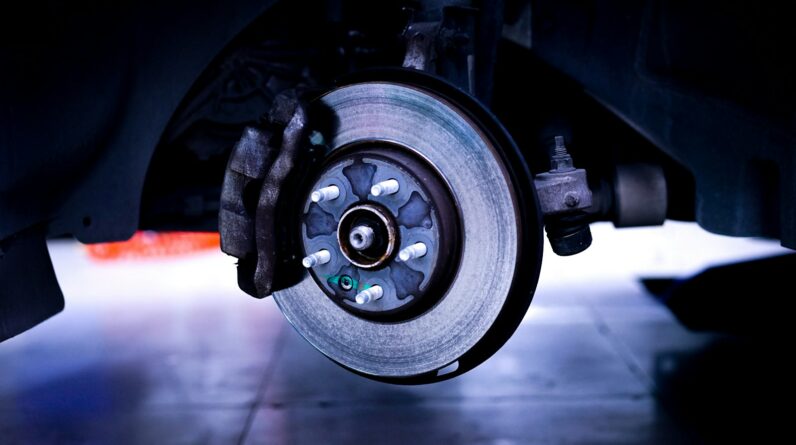
Regular brake inspections are a critical aspect of vehicle maintenance, ensuring safety, reliability, and performance. Neglecting this essential service can lead to unexpected breakdowns, costly repairs, and potentially dangerous situations. Here’s why regular brake inspections are vital:
1. Safety First
- Primary Function: Brakes are your vehicle’s most crucial safety feature, designed to slow down or stop the car when needed.
- Prevention of Accidents: Regular inspections help identify worn-out components before they fail, reducing the risk of accidents caused by brake failure.
2. Early Detection of Issues
- Inspections allow mechanics to spot early signs of wear or damage, such as:
- Worn Brake Pads: These can reduce stopping power and damage the rotors.
- Leaking Brake Fluid: Leads to a loss of hydraulic pressure, compromising braking efficiency.
- Corroded or Damaged Rotors: Affects braking smoothness and increases stopping distances.
- Faulty Brake Lines: Can result in complete brake failure.
3. Cost Savings
- Avoid Major Repairs: Addressing small issues early prevents them from escalating into costly repairs or component replacements.
- Longer Component Lifespan: Regular maintenance helps extend the life of brake pads, rotors, and other parts.
4. Prevents Unexpected Breakdowns
- Brake system failures are one of the leading causes of roadside breakdowns. Regular inspections ensure your brakes are reliable and reduce the chances of being stranded due to brake problems.
5. Improves Vehicle Performance
- Well-maintained brakes ensure:
- Shorter stopping distances.
- Better handling and control during emergency braking.
- Reduced wear on other vehicle components, like tires.
6. Compliance with Manufacturer Guidelines
- Vehicle manufacturers often recommend regular brake inspections as part of the service schedule. Adhering to these guidelines ensures optimal performance and maintains your warranty.
When Should You Get a Brake Inspection?
- Scheduled Maintenance: Follow your vehicle’s service manual for recommended inspection intervals (usually every 10,000–15,000 miles).
- Warning Signs:
- Squealing, grinding, or screeching noises.
- A spongy or stiff brake pedal.
- Vibrations or pulsations when braking.
- Warning lights on the dashboard.
- Leaking brake fluid.
- Before Long Trips: Always inspect brakes before extended road trips to ensure safety.
What Happens During a Brake Inspection?
A comprehensive brake inspection includes:
- Checking the thickness of brake pads.
- Inspecting rotors for wear or damage.
- Examining brake fluid levels and quality.
- Assessing the condition of brake lines and hoses.
- Testing the functionality of the parking brake.
- Inspecting calipers, cylinders, and other components.
Tips for Maintaining Your Brakes
- Drive Gently: Avoid hard braking and excessive speed to reduce brake wear.
- Monitor Brake Fluid: Ensure it’s clean and at the correct level.
- Replace Parts as Needed: Don’t delay replacing worn pads or damaged components.
- Follow Maintenance Schedule: Stick to regular inspections to catch issues early.
Conclusion
Regular brake inspections are essential for preventing unexpected breakdowns, ensuring your safety, and saving money in the long run. By making brake maintenance a priority, you protect not only your vehicle but also the lives of everyone on the road.



